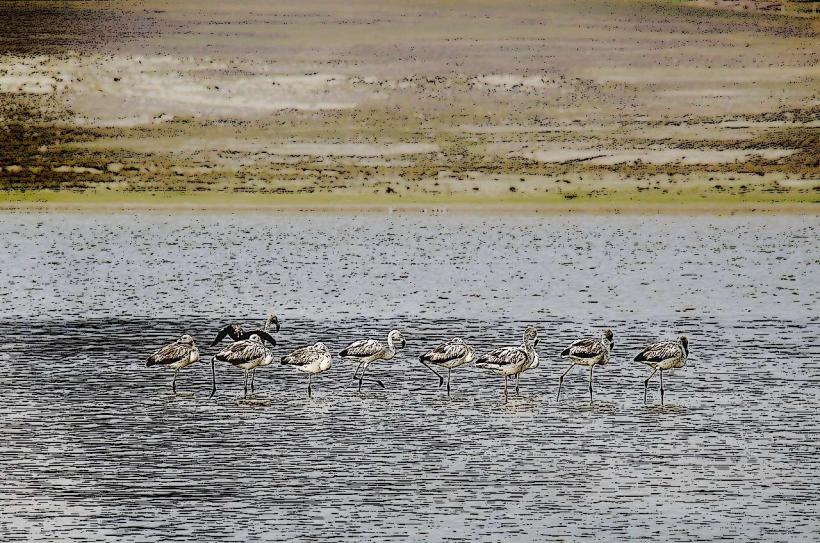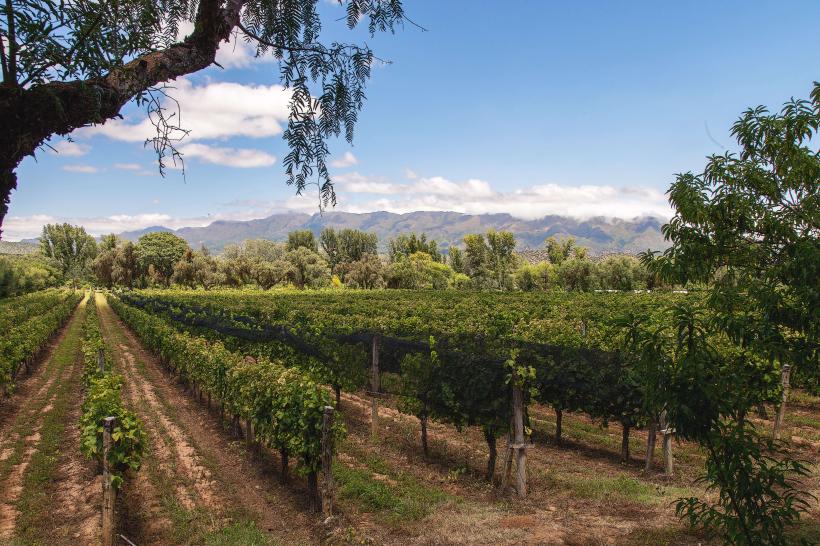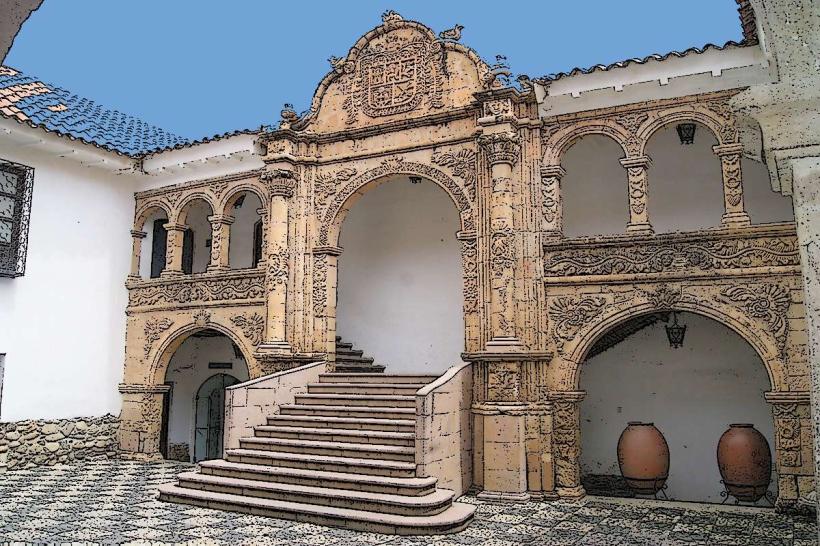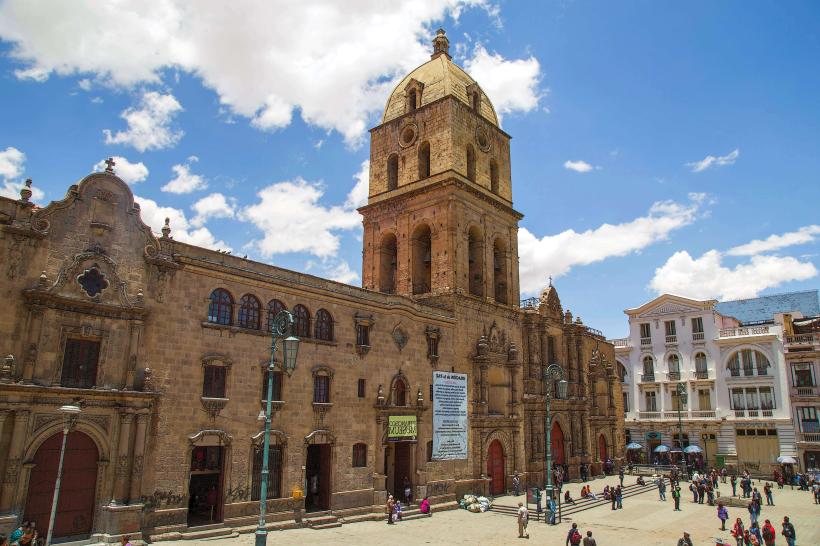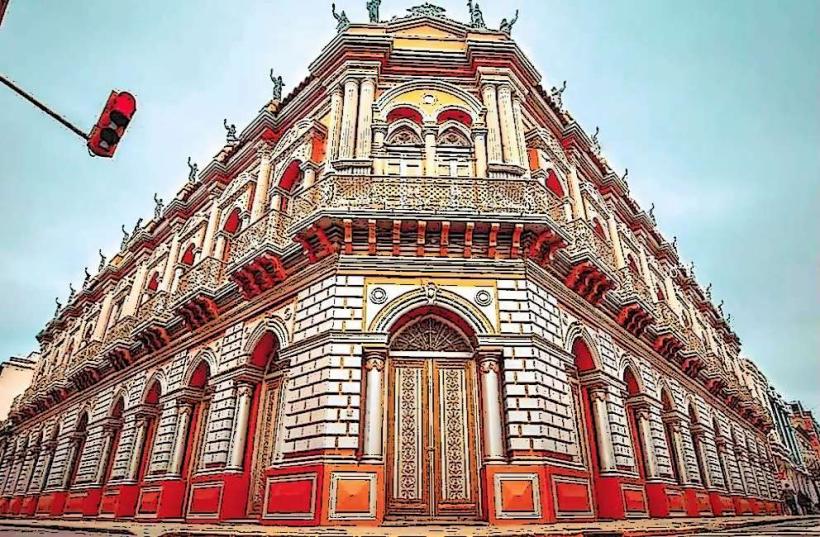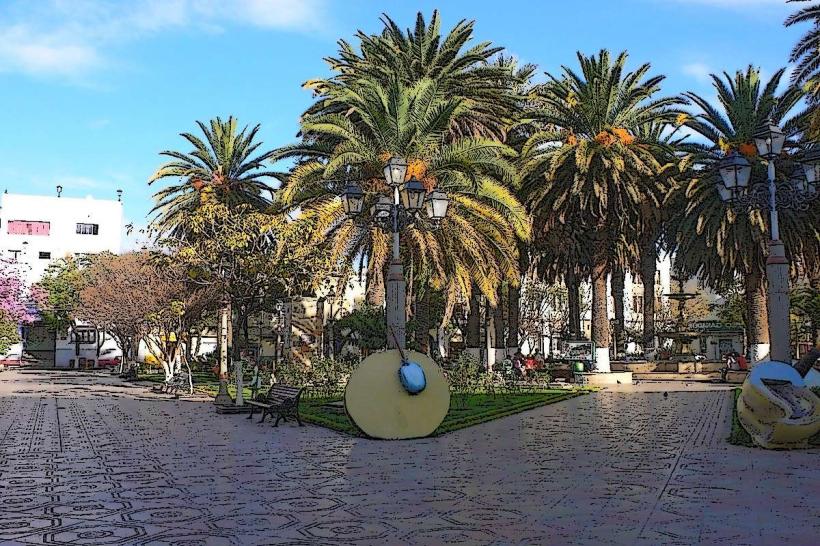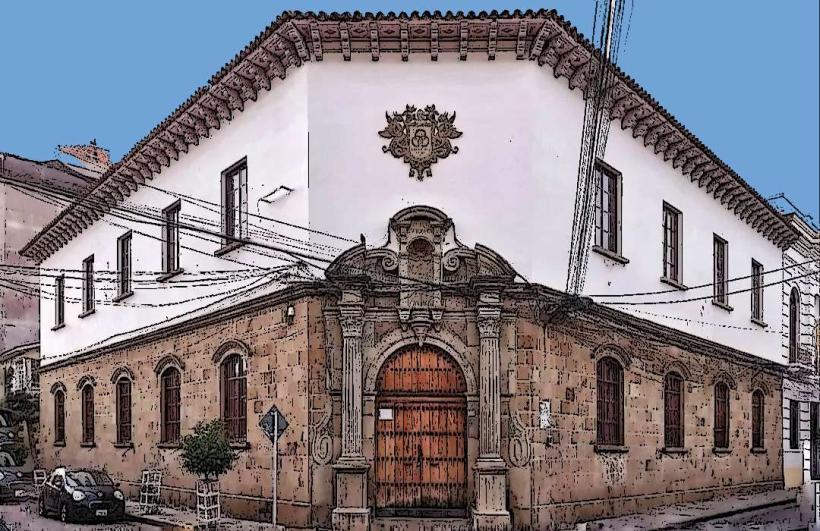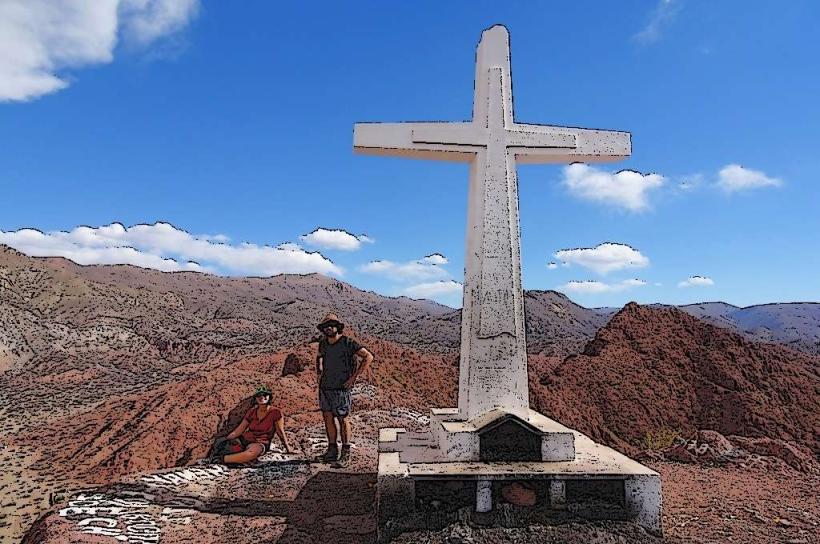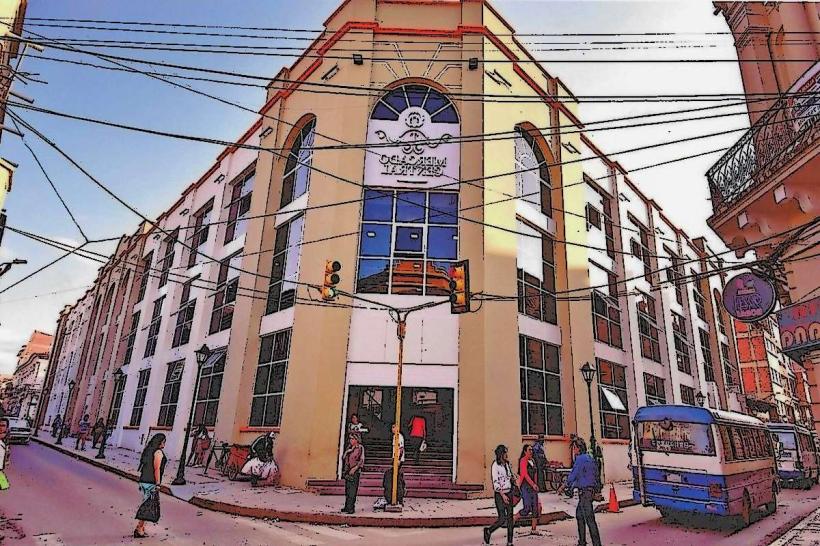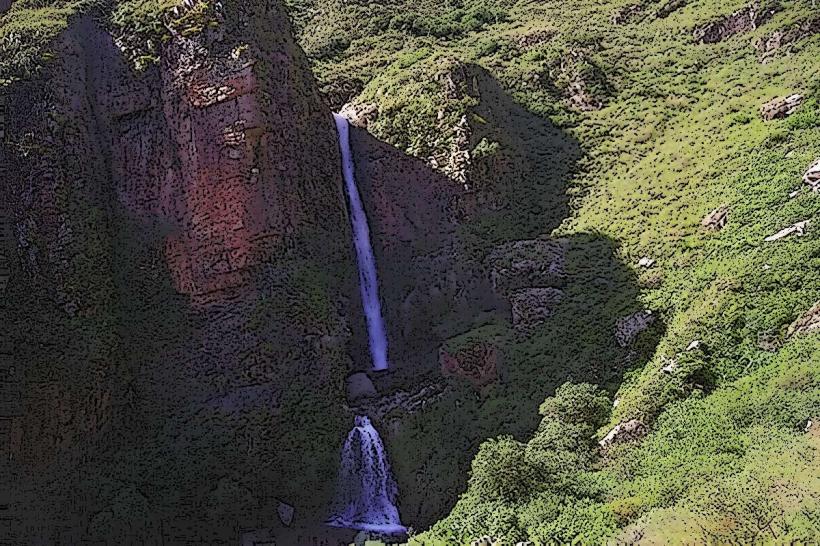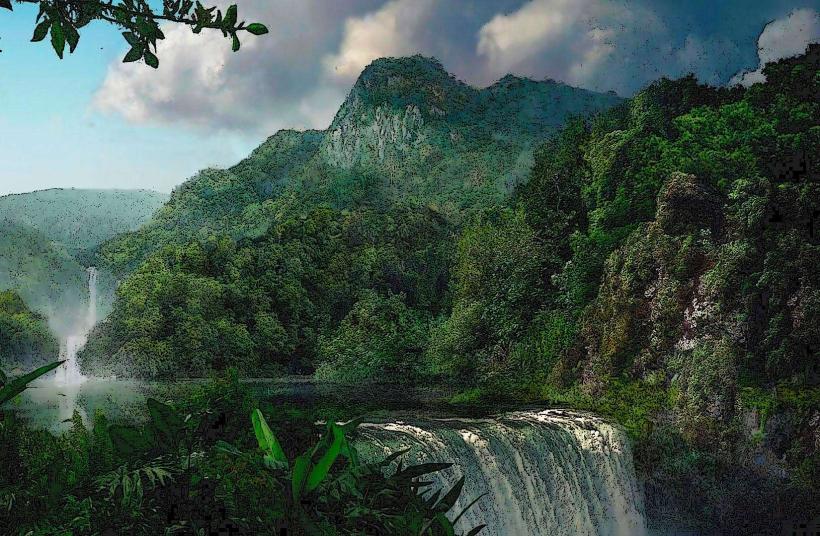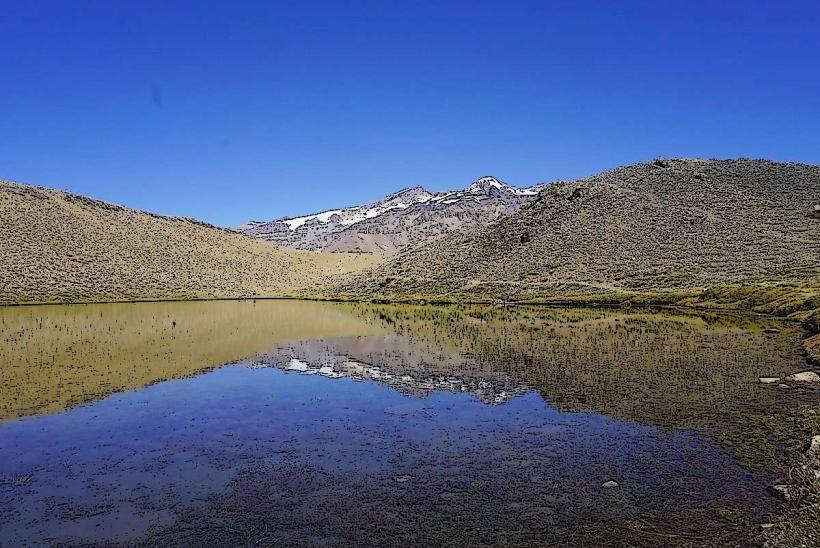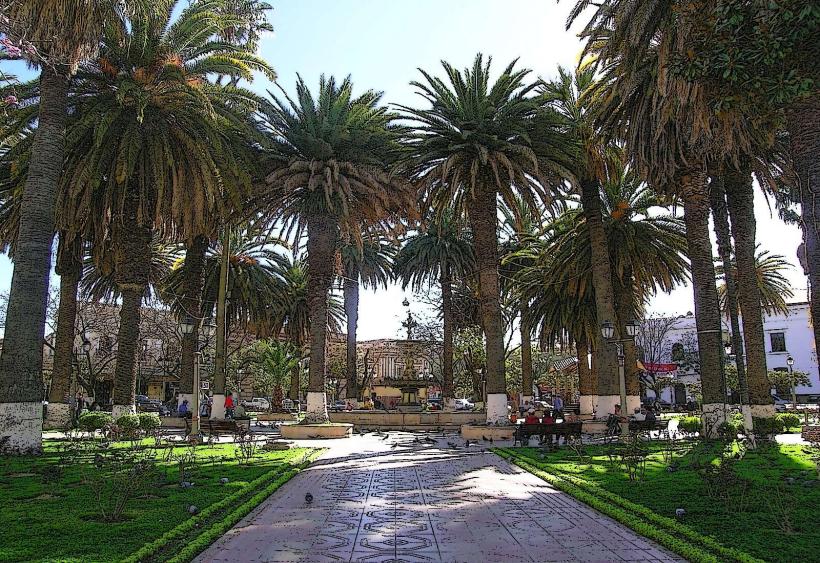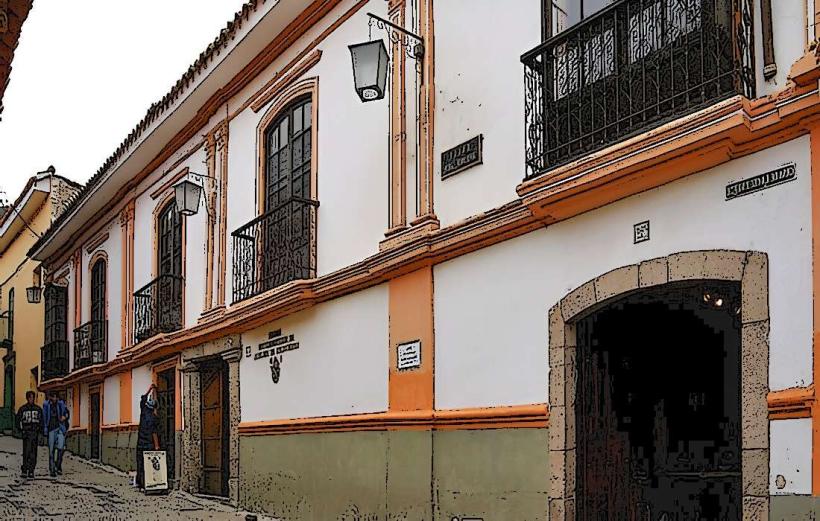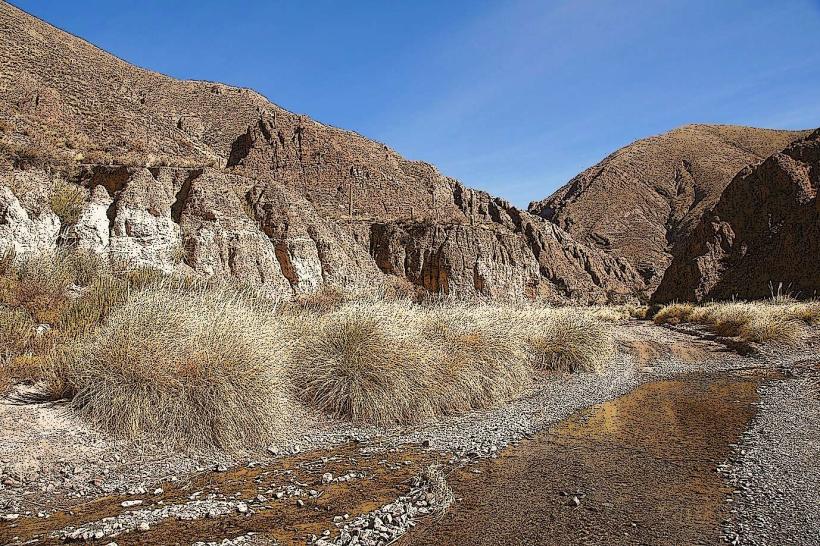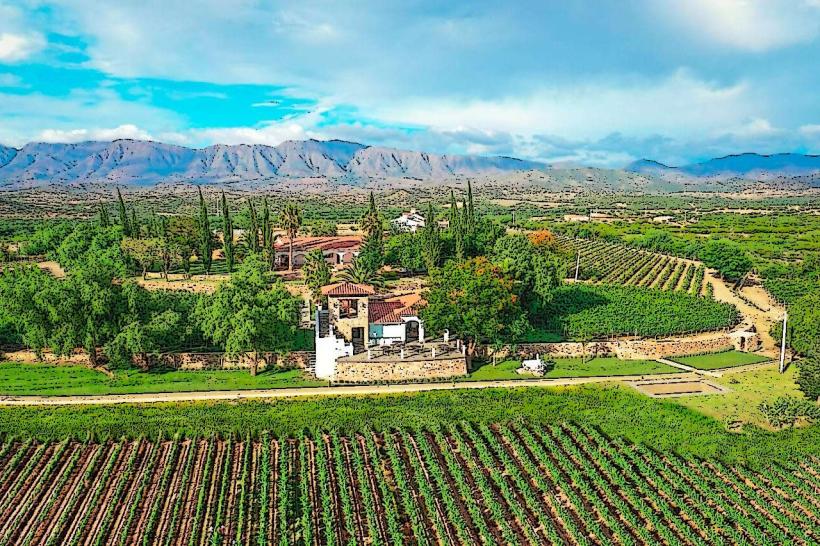Information
Landmark: Cueva de las CondoresCity: Tarija
Country: Bolivia
Continent: South America
Cueva de las Condores, Tarija, Bolivia, South America
Cueva de las Condores is a cave system located in the vicinity of Tarija, Bolivia. It is known for its geological formations and historical significance.
Visual Characteristics
The cave entrance is a fissure in a sandstone cliff face. The interior consists of interconnected chambers and narrow passages. Rock formations within the cave include stalactites and stalagmites, primarily composed of calcium carbonate. The rock color ranges from ochre to reddish-brown.
Location & Access Logistics
Cueva de las Condores is situated approximately 25 kilometers southwest of Tarija city center. Access is via the Ruta 1 national highway towards Villazón, then turning onto an unpaved access road for approximately 5 kilometers. The final approach requires a short hike from the parking area. Limited parking is available at the trailhead. Public transport is not directly available; private vehicle or taxi is recommended.
Historical & Ecological Origin
The cave system is a result of natural erosion processes acting on the sandstone bedrock over millennia. Historically, the caves served as a shelter and potentially a ceremonial site for indigenous populations. Archaeological evidence suggests human presence dating back several centuries.
Key Highlights & Activities
Exploration of the cave chambers is the primary activity. Visitors can observe the natural rock formations. Guided tours are available, detailing the cave's geological and historical aspects. Photography is permitted within the cave.
Infrastructure & Amenities
Restrooms are not available at the site. There is no natural shade within the cave itself, though the immediate entrance area offers some protection. Cell phone signal is unreliable within the cave and intermittent in the surrounding area. No food vendors are present at the site; provisions should be carried from Tarija.
Best Time to Visit
The best time of day for interior photography is mid-morning to early afternoon, when ambient light can penetrate the entrance. The dry season, from May to October, offers the most favorable weather conditions for access and exploration. No tide considerations apply.
Facts & Legends
Local folklore suggests the caves were once inhabited by condors, hence the name. A verified historical detail is the discovery of pre-Columbian pottery fragments within the deeper chambers, indicating past human activity.
Nearby Landmarks
- Torre de la Independencia (18km Northeast)
- Mercado Central (20km Northeast)
- Museo de Paleontología (22km Northeast)
- Plaza Luis de Fuentes y Vargas (23km Northeast)

